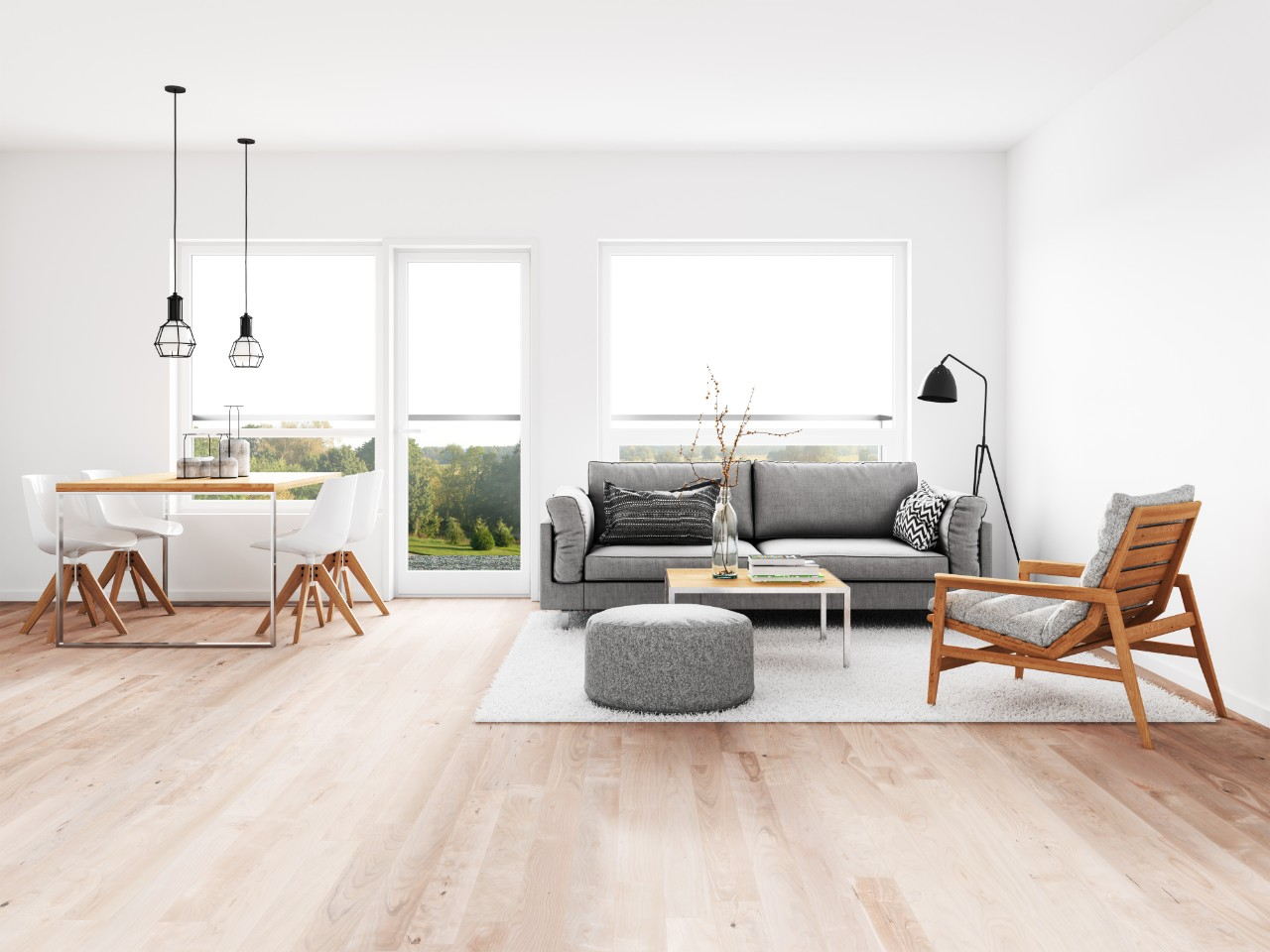
You probably have your own preferences for the kind of property you would like to live in.
But the criteria for picking the perfect investment property isn’t necessarily the same.
Units/apartments versus houses
There’s a place for both houses and units in a property investment portfolio.
Houses are generally more expensive than units in a similar location. Houses in growing areas tend to experience higher capital growth than units or townhouses. But units may provide higher rental yields.
For houses, you’ll have complete responsibility for costs such as maintenance and insurance.
Units will usually have associated body corporate fees which should be factored into your budget as ongoing costs.
Location
You’ll never be able to change a property’s location. It’s a vital consideration when you’re looking to buy.
Once you have your budget sorted, look for the best suburb you can afford and spend some time in the neighbourhood.
Visit cafes, shops and recreation areas and get a feel for the kind of community that exists there. Look for features such as parks, walking tracks, beaches and bushland nearby that can also increase value. Of course, water or city views will also be desirable.
Proximity and transport to work centres is also something to consider. Property experts suggest looking for upcoming government infrastructure projects, such as major road links. In the short term, they could be drivers of demand for renters working on the project, while long-term these projects may improve commute times to major job hubs.
Don’t forget to explore neighbouring suburbs — you might find a property that still ticks all your boxes.
Contact local agents and ask them about the preferred areas in suburbs and any available properties.
Established versus new
There are pros and cons to both old (established) and new properties.
Because they are more likely to be tied to their own land, established homes may have greater potential for capital growth. There’s also broader scope for negotiation when purchasing and the ability to renovate or develop.
However, they typically have lower rental yields and may have higher maintenance costs.
If you buy a new property off-the-plan, there are higher depreciation benefits and potential stamp duty savings. Maintenance costs are typically lower.




